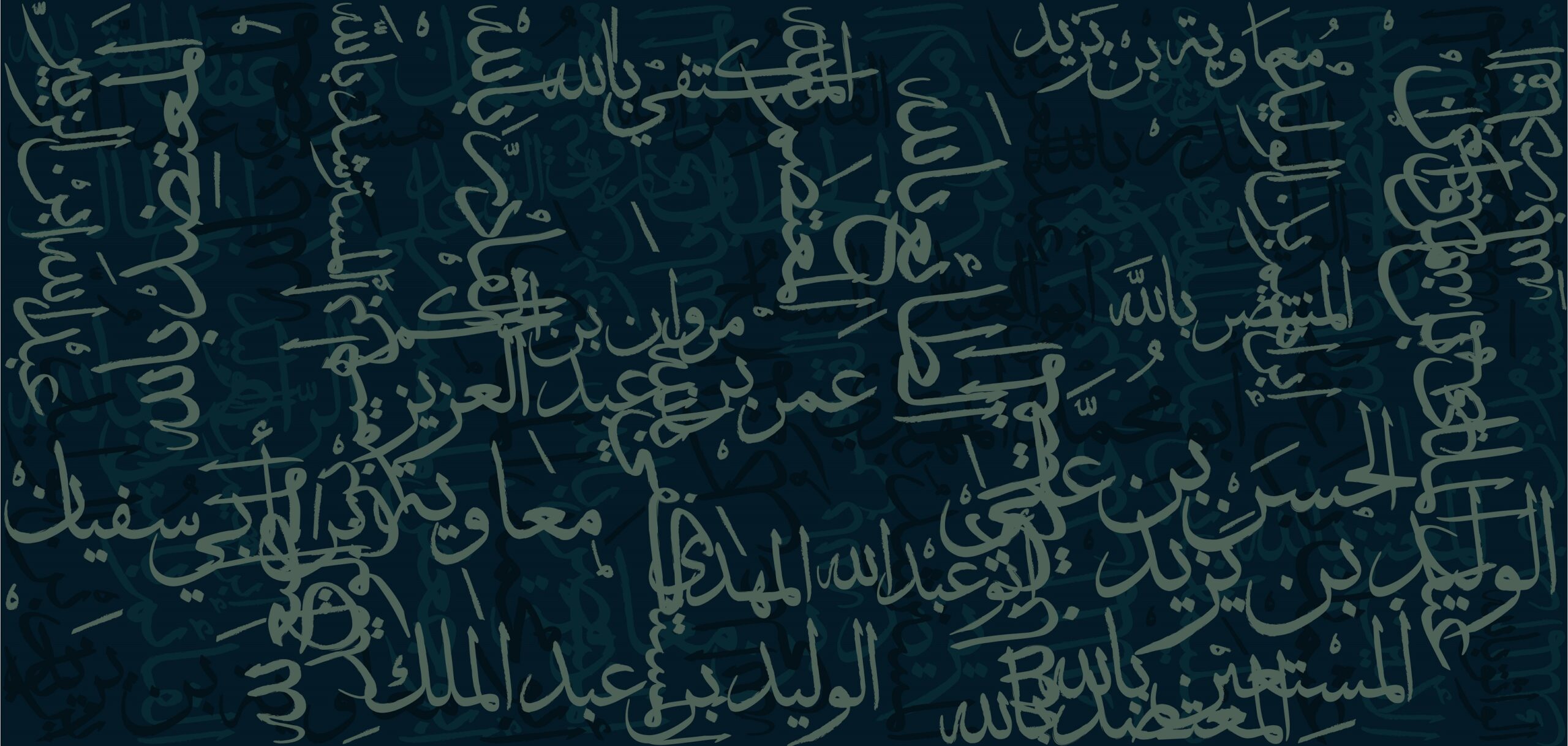
insert_link
share
close
Episode 18: Mu’awiya bin Abi Sufyan
It is one of the sharper ironies of Islamic history that the clan which had led the resistance to the young religion went on to found its first dynasty. Umayyad […]








Post comments (0)